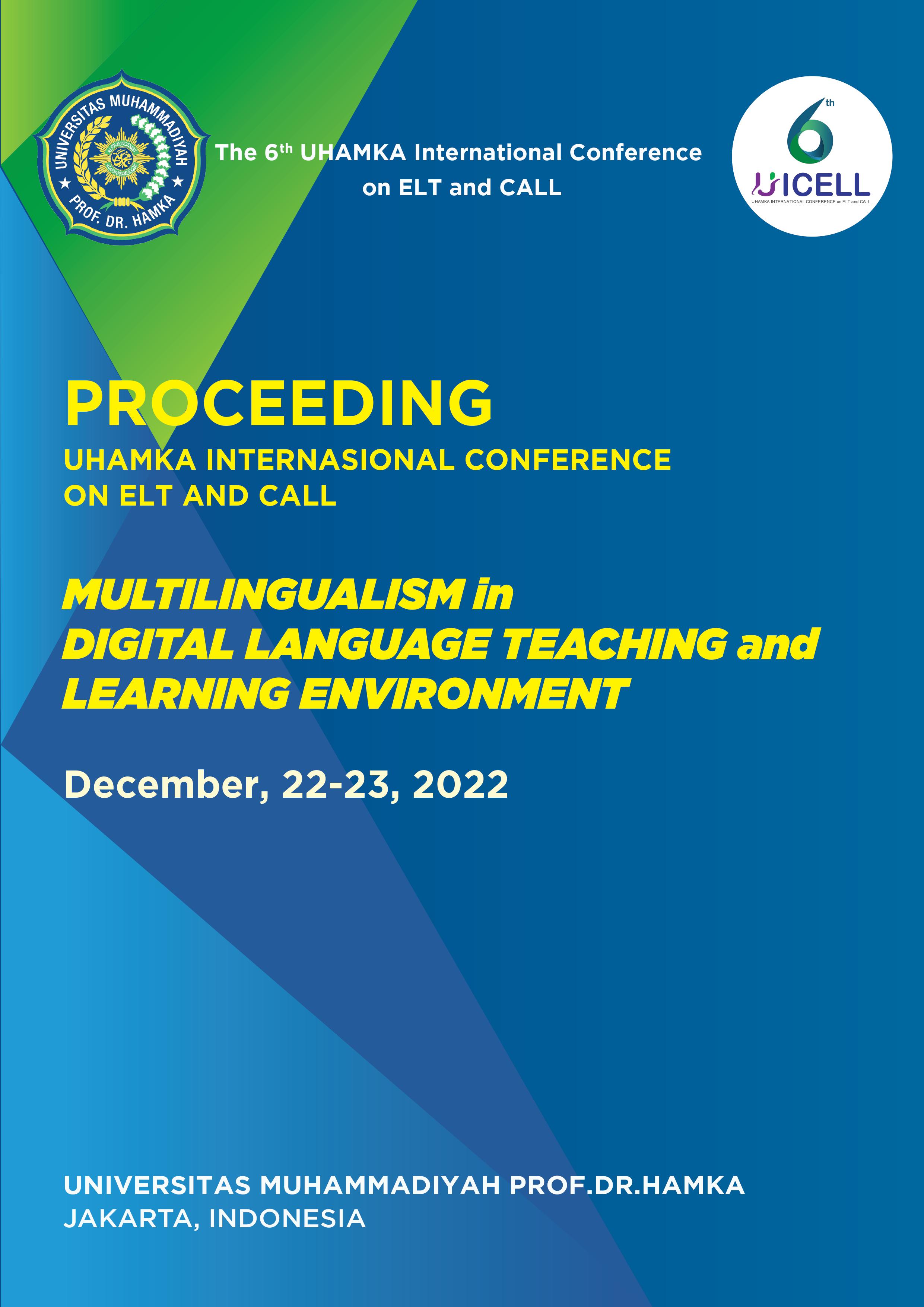The Effects of Using Duolingo Mobile Application on Students’ English Pronunciation Skill
Abstrak
Pronunciation is generally considered a hindrance for Indonesian learners of English. In the pronunciation of vowel sounds, learners often find it challenging to distinguish short and long vowels. This research investigates the use of a prevalent mobile language learning application – Duolingo – to improve students’ English pronunciation skills. In this study, we adopted a quantitative method with a quasi-experimental design. The pronunciation data were obtained from two groups of students, collected before and after treatments. As the data were analyzed statistically using the Mann-Whitney test on SPSS, it was found that the students who were treated with the Duolingo application scored higher (Mdn = 14) than those treated with a traditional drilling method (Mdn = 13). However, the difference was not significant, U= 78.00, p= 0.74. Therefore, the Null Hypothesis (H0) was accepted as the use of Duolingo did not significantly improve the participants’ pronunciation skill. The reasons for the unsuccessful effort were sought. First, the students might not be familiar with the application. Second, the use of the application did not enable collaborative learning and interaction. This study offers overarching implications for the use of ICTs in ELT. Teachers need to become aware of the students’ levels of familiarity with ICTs before teaching English using technologies. In addition, using ICTs in the classroom should always enable collaborative learning and interaction.
Keywords: Duolingo App, English pronunciation, short and long vowels.


